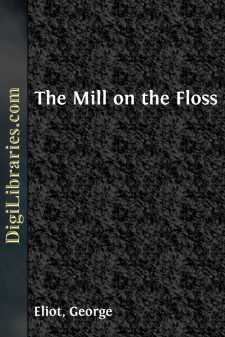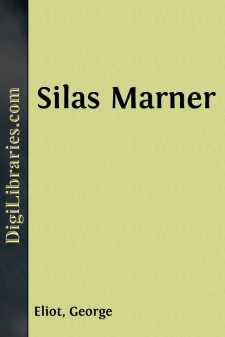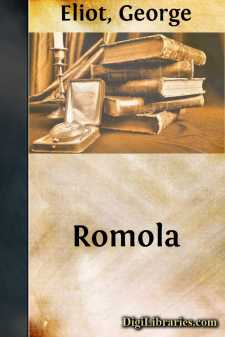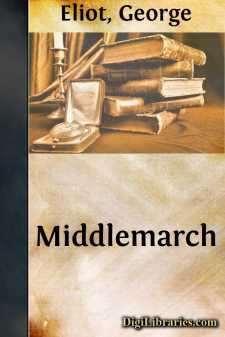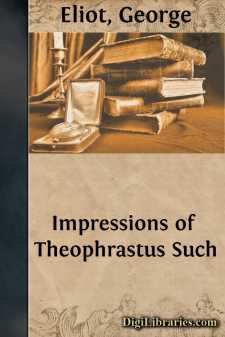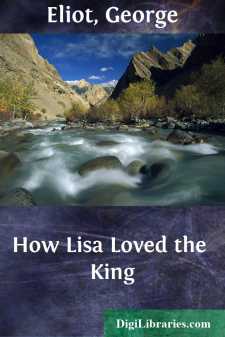Categories
- Antiques & Collectibles 13
- Architecture 36
- Art 48
- Bibles 22
- Biography & Autobiography 816
- Body, Mind & Spirit 145
- Business & Economics 28
- Children's Books 17
- Children's Fiction 14
- Computers 4
- Cooking 94
- Crafts & Hobbies 4
- Drama 346
- Education 58
- Family & Relationships 59
- Fiction 11834
- Foreign Language Study 3
- Games 19
- Gardening 17
- Health & Fitness 34
- History 1378
- House & Home 1
- Humor 147
- Juvenile Fiction 1873
- Juvenile Nonfiction 202
- Language Arts & Disciplines 89
- Law 16
- Literary Collections 686
- Literary Criticism 179
- Mathematics 13
- Medical 41
- Music 40
- Nature 179
- Non-Classifiable 1768
- Performing Arts 7
- Periodicals 1453
- Philosophy 66
- Photography 2
- Poetry 897
- Political Science 203
- Psychology 45
- Reference 154
- Religion 516
- Science 126
- Self-Help 85
- Social Science 82
- Sports & Recreation 34
- Study Aids 3
- Technology & Engineering 59
- Transportation 23
- Travel 463
- True Crime 29
George Eliot
George Eliot, the pen name of Mary Ann Evans, was a prominent English novelist of the Victorian era, renowned for her richly detailed narratives and deep psychological insights. Her major works include "Middlemarch," "Silas Marner," and "The Mill on the Floss," which explore complex social and moral issues. Eliot's literary contributions significantly shaped the development of the modern novel.
Author's Books:
Sort by:
by:
George Eliot
A wide plain, where the broadening Floss hurries on between its green banks to the sea, and the loving tide, rushing to meet it, checks its passage with an impetuous embrace. On this mighty tide the black shipsâladen with the fresh-scented fir-planks, with rounded sacks of oil-bearing seed, or with the dark glitter of coalâare borne along to the town of St. Ogg's, which shows its aged,...
more...
by:
George Eliot
CHAPTER I The time of my end approaches. I have lately been subject to attacks of angina pectoris; and in the ordinary course of things, my physician tells me, I may fairly hope that my life will not be protracted many months. Unless, then, I am cursed with an exceptional physical constitution, as I am cursed with an exceptional mental character, I shall not much longer groan under the wearisome...
more...
by:
George Eliot
PREFACE. Since the death of George Eliot much public curiosity has been excited by the repeated allusions to, and quotations from, her contributions to periodical literature, and a leading newspaper gives expression to a general wish when it says that “this series of striking essays ought to be collected and reprinted, both because of substantive worth and because of the light they throw on the...
more...
by:
George Eliot
CHAPTER I In the days when the spinning-wheels hummed busily in the farmhouses—and even great ladies, clothed in silk and thread-lace, had their toy spinning-wheels of polished oak—there might be seen in districts far away among the lanes, or deep in the bosom of the hills, certain pallid undersized men, who, by the side of the brawny country-folk, looked like the remnants of a disinherited race....
more...
by:
George Eliot
INTRODUCTION George Eliot, or Mary Ann Evans, was born at Arbury Farm, in the parish of Chilvers Coton, Warwickshire, on the 22nd of November, 1819. She was the fifth and last child of her father by his second wife—of that father whose sound sense and integrity she so keenly appreciated, and who was to a certain extent the original of her famous characters of Adam Bede and Caleb Garth. Both during...
more...
by:
George Eliot
Prologue. More than three centuries and a half ago, in the mid spring-time of 1492, we are sure that the angel of the dawn, as he travelled with broad slow wing from the Levant to the Pillars of Hercules, and from the summits of the Caucasus across all the snowy Alpine ridges to the dark nakedness of the Western isles, saw nearly the same outline of firm land and unstable sea—saw the same great...
more...
by:
George Eliot
CHAPTER I. "Since I can do no good because a woman,Reach constantly at something that is near it.—The Maid's Tragedy: BEAUMONT AND FLETCHER. Miss Brooke had that kind of beauty which seems to be thrown into relief by poor dress. Her hand and wrist were so finely formed that she could wear sleeves not less bare of style than those in which the Blessed Virgin appeared to Italian painters; and...
more...
by:
George Eliot
I. LOOKING INWARD. It is my habit to give an account to myself of the characters I meet with: can I give any true account of my own? I am a bachelor, without domestic distractions of any sort, and have all my life been an attentive companion to myself, flattering my nature agreeably on plausible occasions, reviling it rather bitterly when it mortified me, and in general remembering its doings and...
more...
by:
George Eliot
How Lisa loved the King. Six hundred years ago, in Dante’s time,Before his cheek was furrowed by deep rhyme;When Europe, fed afresh from Eastern story,Was like a garden tangled with the gloryOf flowers hand-planted and of flowers air-sown,Climbing and trailing, budding and full-blown,Where purple bells are tossed amid pink stars,And springing blades, green troops in innocent wars,Crowd every shady...
more...
by:
George Eliot
CHAPTER I. Men can do nothing without the make-believe of a beginning. Even science, the strict measurer, is obliged to start with a make-believe unit, and must fix on a point in the stars' unceasing journey when his sidereal clock shall pretend that time is at Nought. His less accurate grandmother Poetry has always been understood to start in the middle; but on reflection it appears that her...
more...


